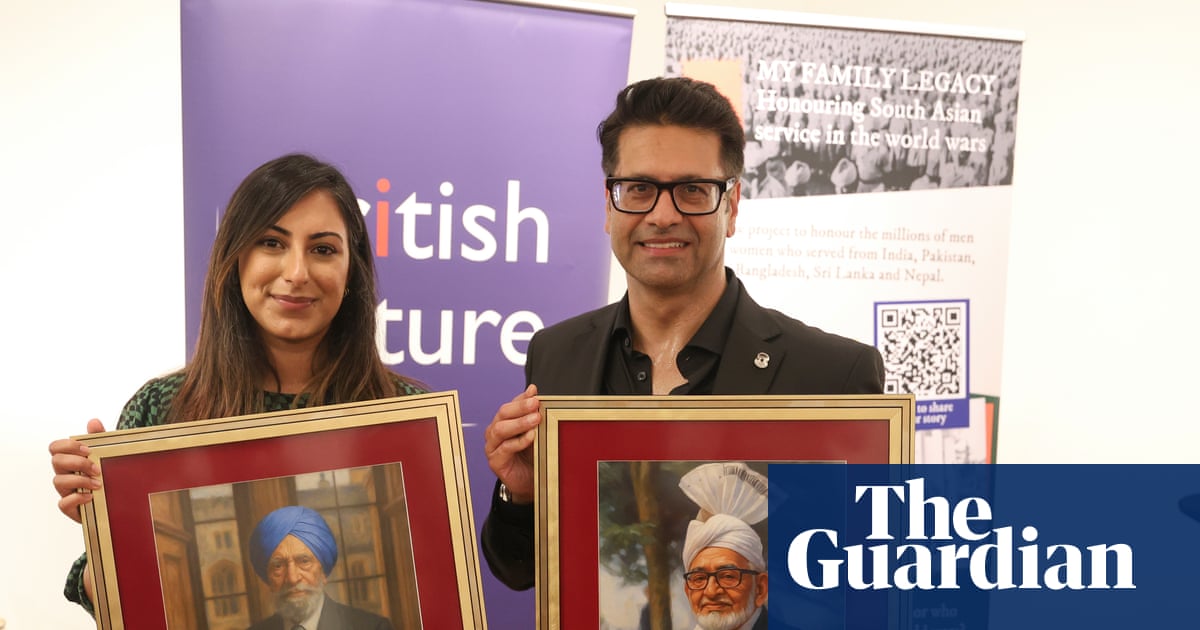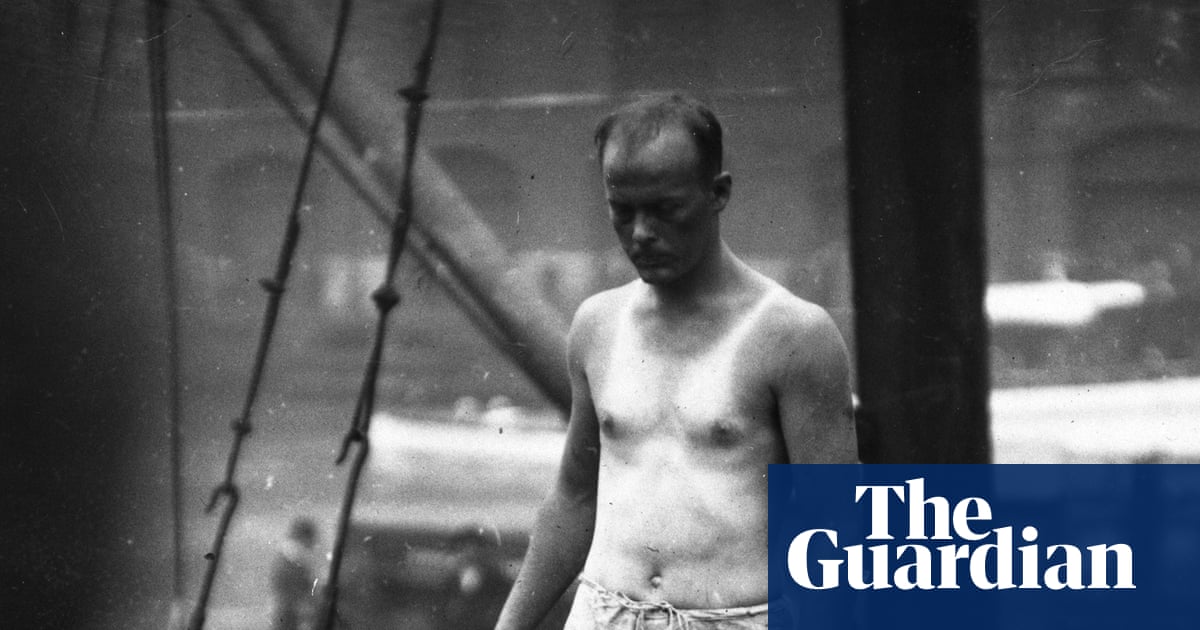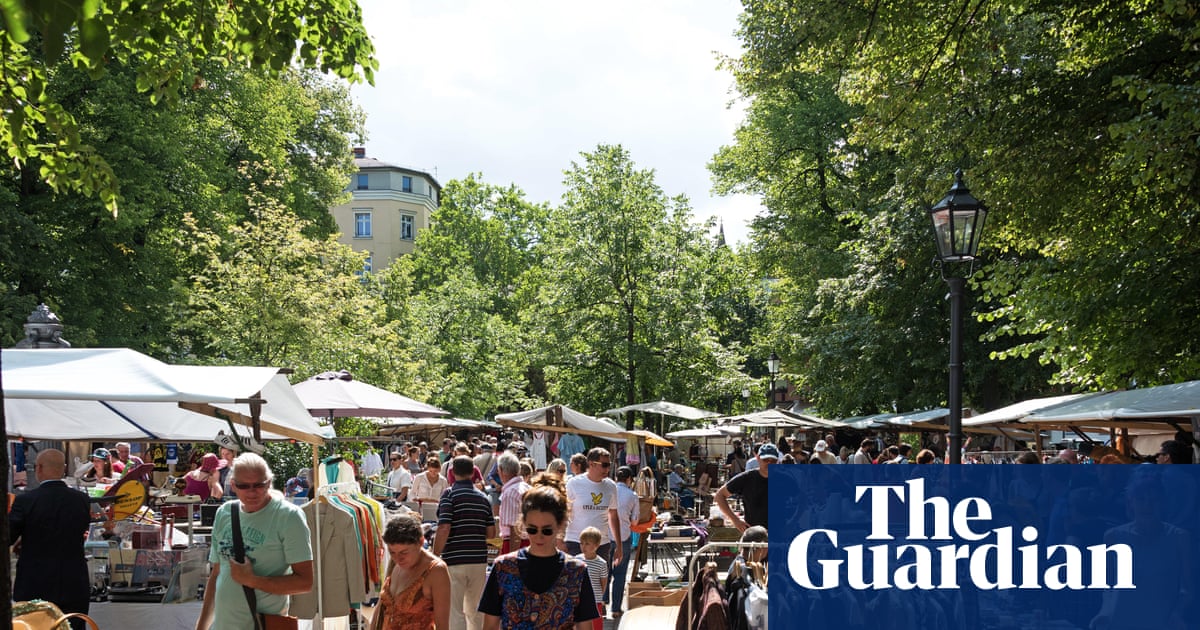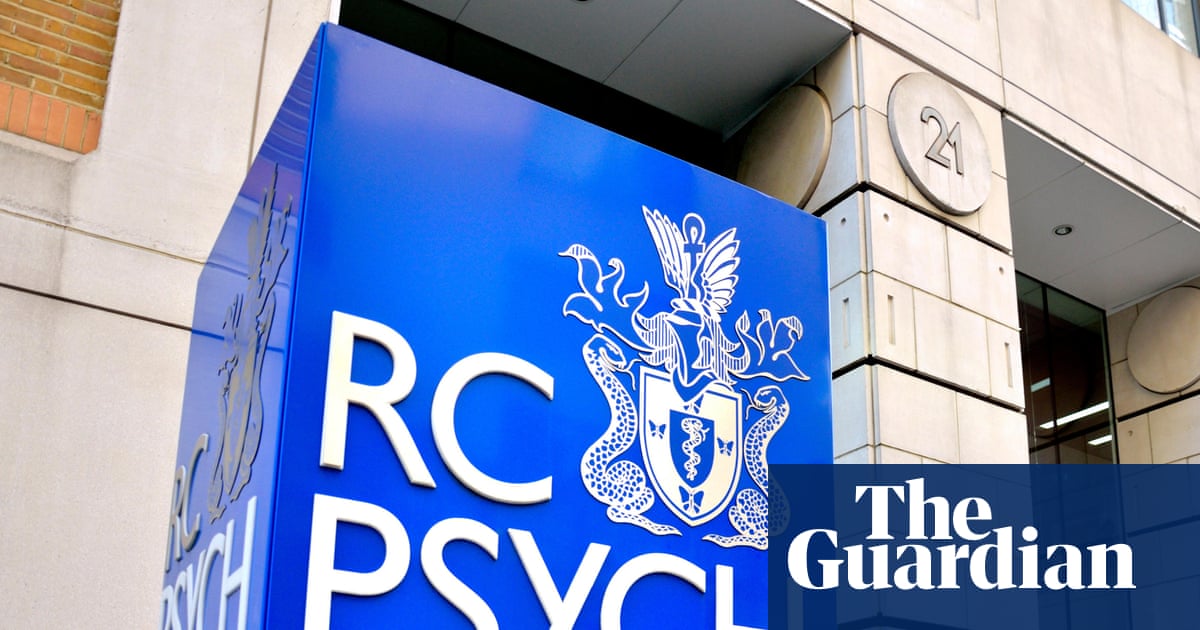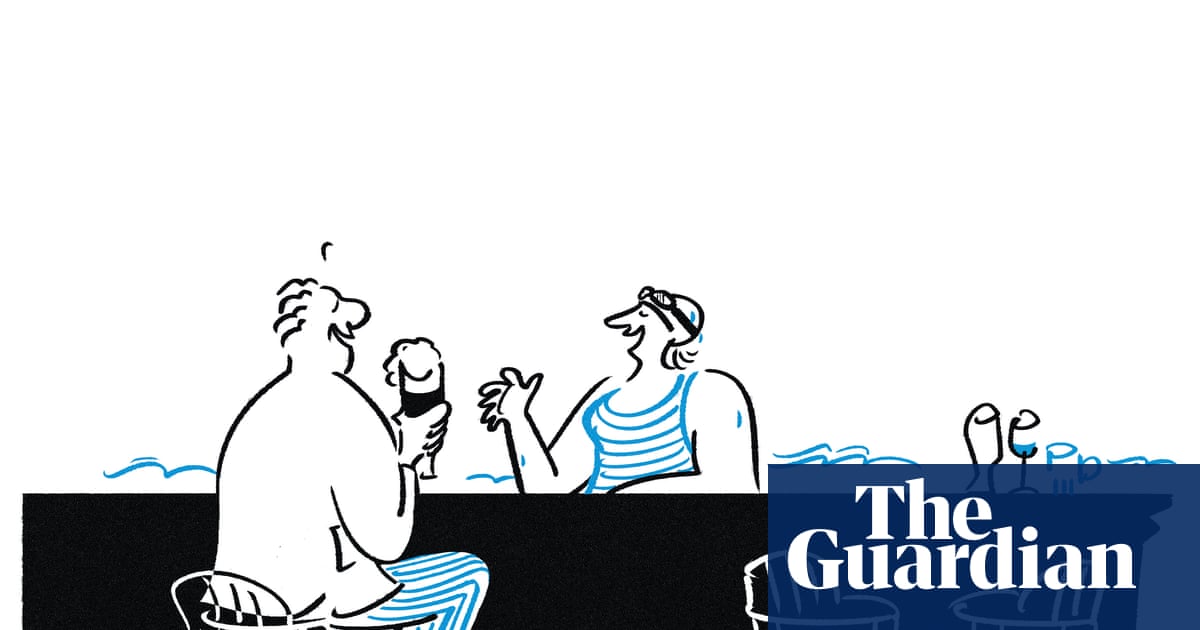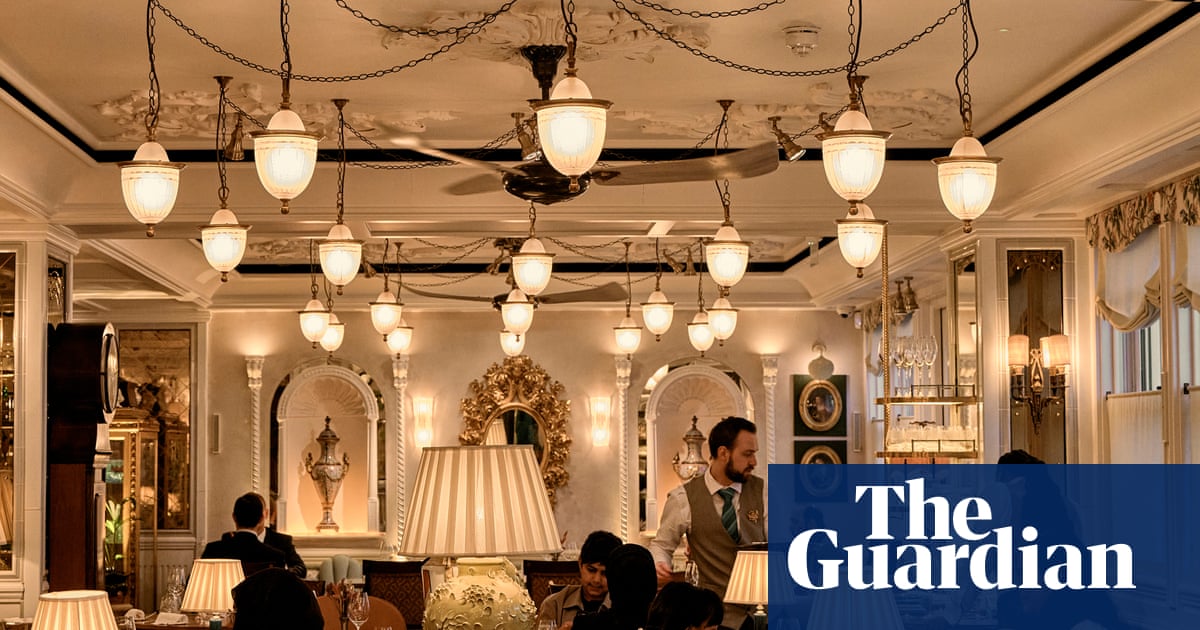Days after Ghislaine Maxwell met with the deputy attorney general Todd Blanche, the convicted child sex trafficker and longtime Jeffrey Epstein girlfriend and procurer was moved from a women’s federal prison in Tallahassee, Florida, to a so-called “prison camp” in Texas, a dramatically more comfortable minimum-security environment with dormitory-style housing and fewer guards, sometimes called “Club Fed”.
Maxwell’s new camp primarily houses nonviolent offenders, and the inmates there are reportedly livid, and probably not a little bit frightened, to be imprisoned with one of the world’s most notorious sex traffickers and alleged rapists. Maxwell, too, was not initially eligible for such a transfer, due to her sex offender status; connections at the Department of Justice had to waive a procedural requirement in order for the move to go through.
The transfer appears to be a reward. As Donald Trump struggles to extract himself from the continuing fallout of the Epstein scandal, Maxwell finds herself, now, in the best position that she has been in since her one-time partner Epstein died in a jail cell in 2019. Suddenly, she has something that the president wants: the ability to say, truthfully or no, that Trump had nothing to do with Epstein’s sex trafficking. The president, too, has something that Maxwell wants: the ability to issue a pardon.
Maxwell has always formed the dark center of the Epstein saga, a woman who appears to have been exceptionally dedicated to arranging Epstein’s life, facilitating his travel, luring new victims to his homes, and coordinating his sexual abuse over the course of decades. Alleged victims of Epstein recall being recruited by Maxwell in public places – including at Donald Trump’s Mar-a-Lago club in Palm Beach – and through friends. They say that she inspected their bodies, brought them to Epstein’s homes, talked incessantly about sex, and instructed them in Epstein’s sexual preferences. They also say that Epstein and Maxwell sometimes made them available for sexual abuse by their friends.
She is widely presumed to know more than she has yet been willing to tell about the extent to which Epstein’s large network of powerful businessmen, politicians, and financiers knew about or participated in his rapes and trafficking of children. What is less clear, at least at first, is what motivated her to facilitate the abuse, and what kept her so loyal to Epstein over so many years.
Maybe this kind of life – one spent attending to men’s lesser desires – was always what Maxwell was destined for. The ninth and youngest child of a British media magnate, Maxwell was doted on by her father, the Hungarian-born Robert Maxwell, and raised in Oxford in a family as obscenely wealthy as it was darkly tragic: one of her older brothers was in a hideous car accident just days after Ghislaine’s birth, and the boy lingered in a coma for years before dying before her 10th birthday.
Her father financed her life as a high-class party girl – first in London, and then in New York – where she spent much of her time accompanying famous and wealthy men to the kind of rich people’s social functions that have a pretext of raising money for charity. She does not seem to have had aims beyond that: despite her ample resources and encouragement, Ghislaine never showed much sign of intellectual ambition, or political interest, or business acumen, or general curiosity. (A short-lived “ocean protection” charity that she founded accomplished little, and shut down after her arrest on sex trafficking charges.) It was not merely that Ghislaine was a product of an elite unburdened by principle, who often reduce their daughters to mere ornaments. It is that an ornament, it seems, is all that Ghislaine Maxwell ever aspired to be.
It was not her charity, or her father’s publishing, that were Maxwell’s great passions. Her great passion appears to have been for the romantic attention of men – and specifically, her life’s greatest animating goal seems to have been to achieve, and keep, the attention of Jeffrey Epstein. From those accounts we have of their relationship – and admittedly, these are not always reliable, given how intense, widespread, and prurient the attention on their activities has been – it appears that Maxwell’s devotion to Epstein was intense. At her trial in 2021, prosecutors entered into evidence a photo of a cleavage-bearing Maxwell with Epstein, massaging his foot. This seems to have been her posture toward Epstein for the entire time she knew him: slavish, nearly worshipful.
The pair met sometime in the late 1980s or early 1990s. Maxwell’s father, Robert, died in an apparent suicide in the ocean off the coast of the Canary Islands – aboard his yacht, the Lady Ghislaine – in late 1991. Soon thereafter, it was discovered that millions of dollars were missing from pension funds that he managed; two of Maxwell’s brothers were charged for their alleged role in the fraud. (They were later acquitted.) It was during this moment of rupture and imperiled status that Maxwell was romantically involved with Epstein. Her boyfriend would have served as a meal ticket as well as a source of validation: Maxwell is alleged to have received payments from Epstein totaling more than $30m; she told one of her victims that he bought her her New York City townhouse, just a few blocks from his own. By 1994, she was recruiting and grooming teenagers for his sexual abuse.
Maybe Maxwell justified what she did for Epstein as kink – a kind of sexual libertinism that shrugged off the regressive, prurient mores of the lower classes. The 90s were the peak of a kind of reductive heterosexual sex-positivity: lots of women were telling themselves, and being told, that sexual submission was a mark of sophistication – that the more liberated they were, the more of men’s desires they would grant. But this is all speculation: trying to provide a rationalization for Ghislaine Maxwell’s actions evades the true terror of her, which is her seemingly profound and horrifying vacancy. To such a person, obedience does not require a justification.
Unequal desire in love – particularly when the suffering lover is a woman – tends to elicit a kind of pity. Feminists, too, often depict women’s outsized desire for men as a form of gendered victimization. Generally, it is not seen as serious – women’s limerence, romantic obsession, and striving for men’s attention is broadly relegated to the realm of the adolescent and the vulgar, the embarrassing and the silly. But Maxwell’s case suggests such desire can breed not just frustrated vanity but also a kind of monstrousness. Untempered by principle or self-respect, it can contain in it the seed of the grotesque. In her efforts to please Epstein, and to make herself useful to him, Maxwell became something hideous and unforgivable. In her deficient, warped soul, it seems she lacked something that every woman must have: a morality that she valued more than male approval.
-
Moira Donegan is a Guardian US columnist

 3 months ago
79
3 months ago
79








